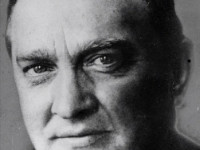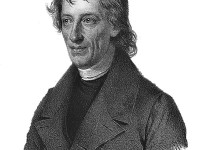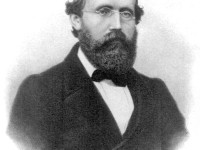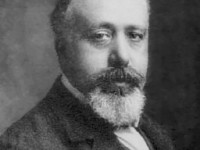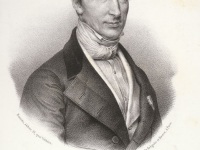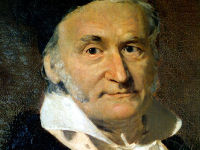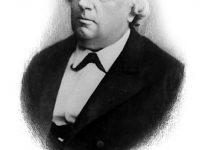Stefan Banach and Modern Function Analysis
On March 30, 1892, Polish mathematician Stefan Banach was born. One of the founders of modern functional analysis, he is generally considered one of the world’s most important and influential 20th-century mathematicians. Some of the notable mathematical concepts that bear Banach‘s name include Banach spaces, Banach algebras, the Banach–Tarski paradox, the Hahn–Banach theorem, the Banach–Steinhaus theorem, the Banach-Mazur game, the Banach–Alaoglu theorem, and the Banach fixed-point theorem. “A mathematician is a person…
Read more

